Plant Trees

Happy Earth Month! Be the Change: Plant trees
About
Stay up to date on major announcements, exciting collaborations, and more.Visit our Newsroom
We make it simple for anyone to plant trees, and together we can make an incredible impact. Learn more
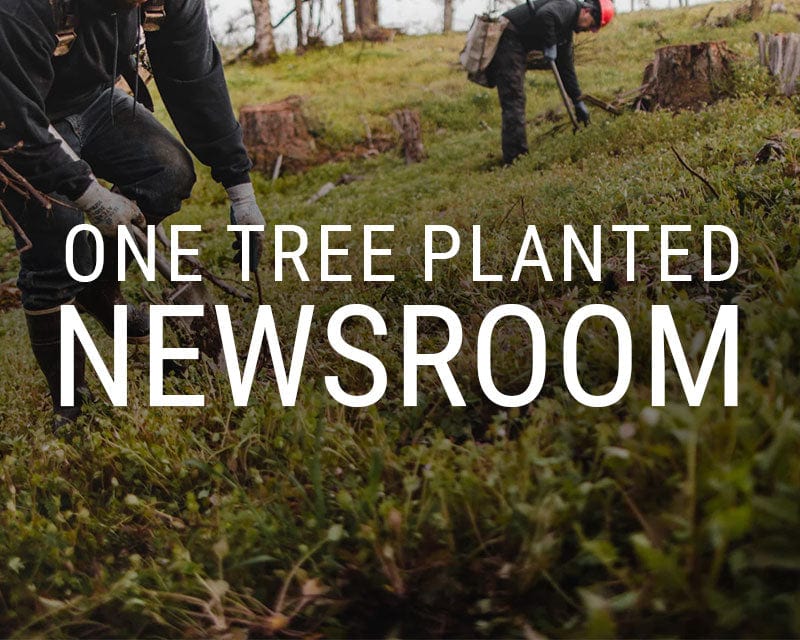
Stay up to date on major announcements, exciting collaborations, and more.Visit our Newsroom

We make it simple for anyone to plant trees, and together we can make an incredible impact. Learn more
Get Involved
Become a business partner to improve your company’s sustainability initiatives and make an impact. Learn more
See how your support and leadership can help us fund reforestation efforts across the globe. Learn more

Become a business partner to improve your company’s sustainability initiatives and make an impact. Learn more
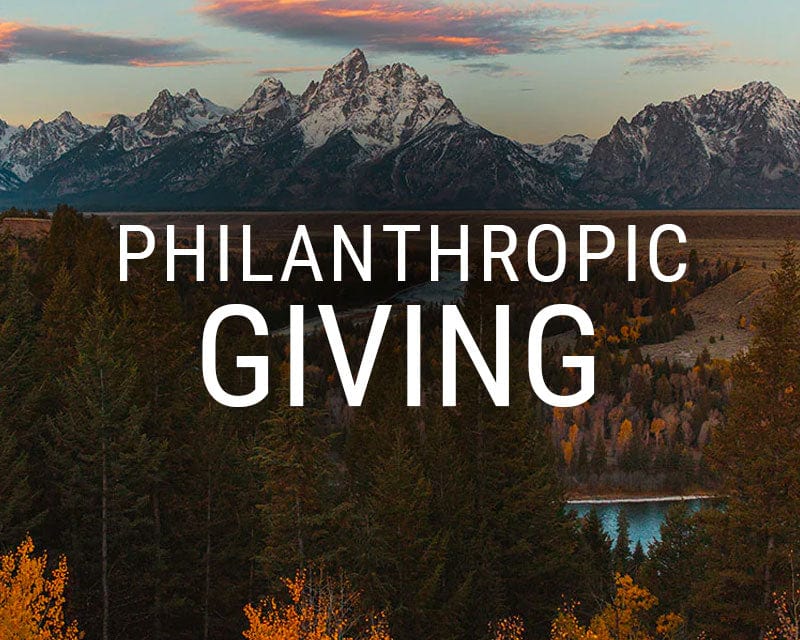
See how your support and leadership can help us fund reforestation efforts across the globe. Learn more
Learn
Read about stories from the field, interesting facts about trees and get your healthy dose of nature. Visit our blog
Comprised of lesson plans, learning modules, resources, and activities, our T.R.E.E.S. School Program is the perfect addition to your curriculum. Learn more
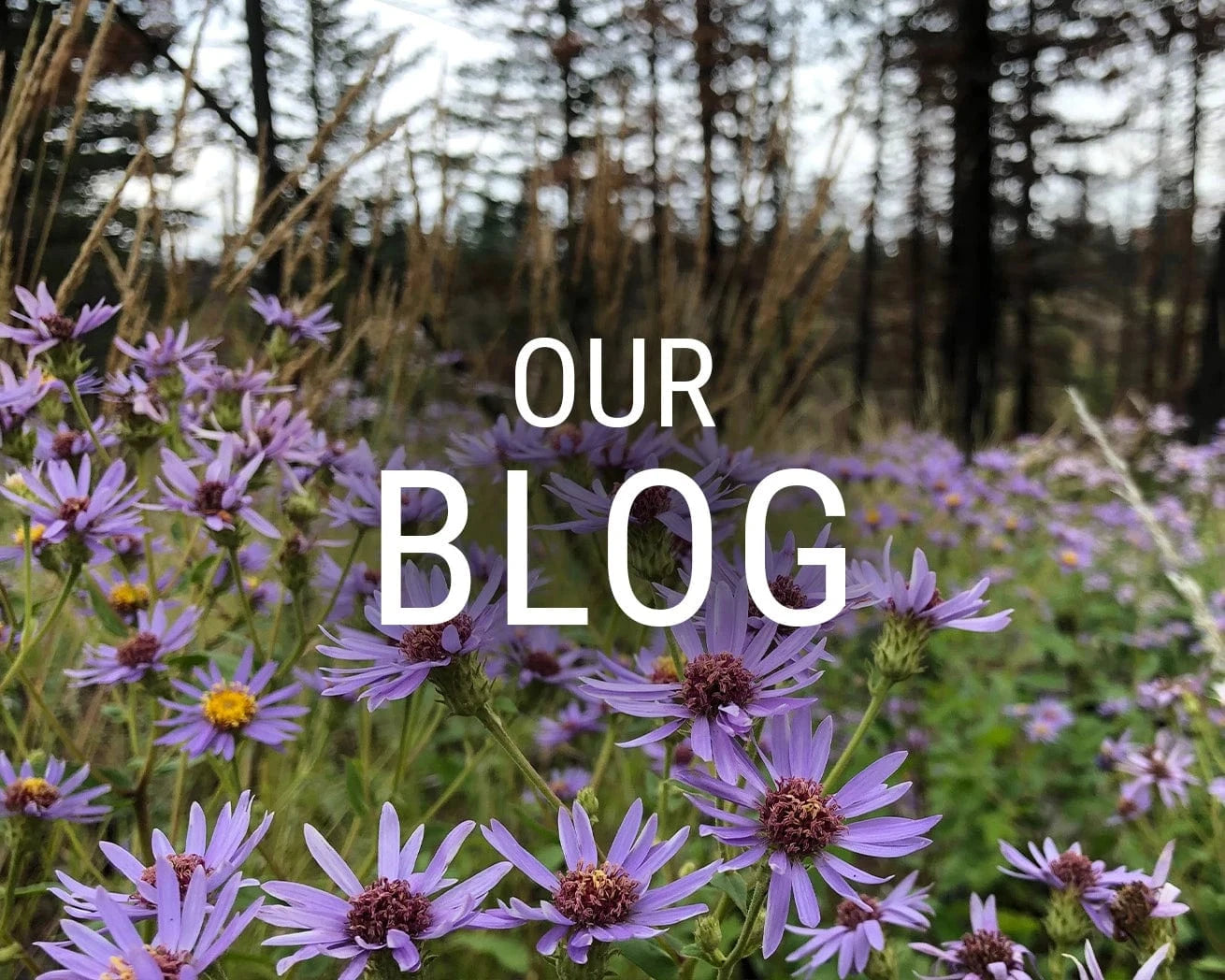
Read about stories from the field, interesting facts about trees and get your healthy dose of nature. Visit our blog
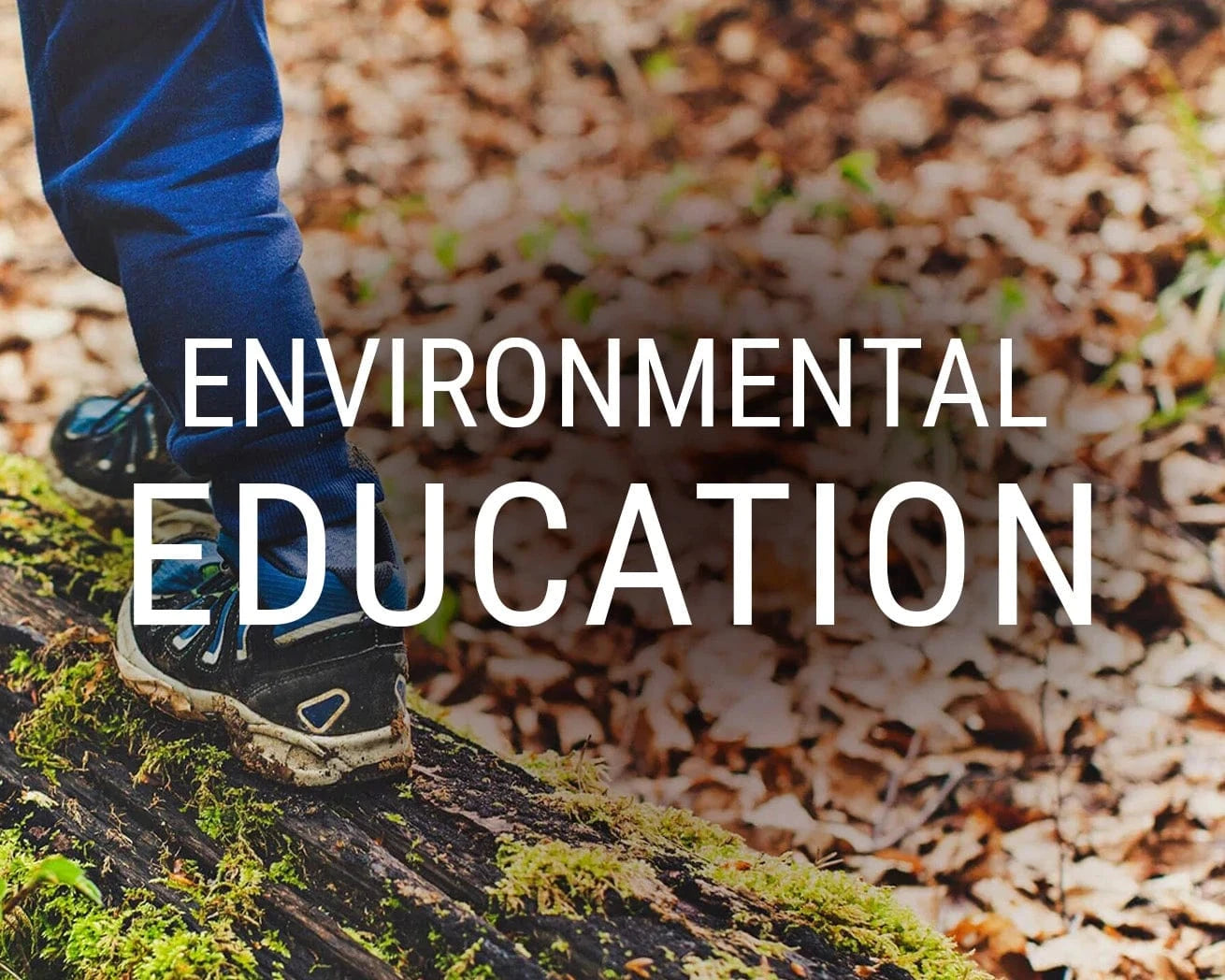
Comprised of lesson plans, learning modules, resources, and activities, our T.R.E.E.S. School Program is the perfect addition to your curriculum. Learn more
Shop
Our fan-favorite Reforestation T-Shirt. Wear it with pride to show your support of reforesting our planet, one tree at a time. Shop now
Give the gift that lasts a lifetime! Choose an image, write your personalized message and select a delivery date to gift a tree. Gift a tree
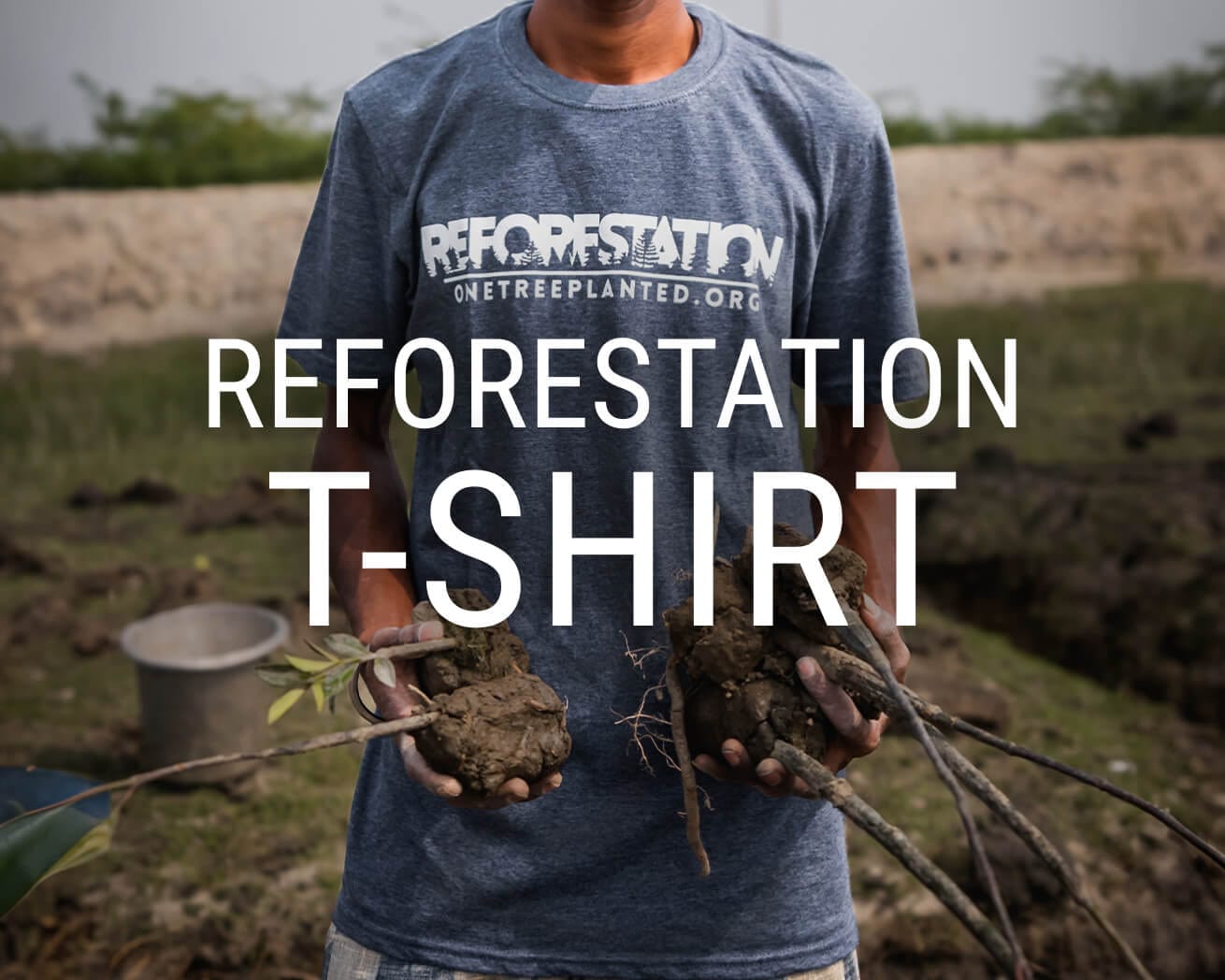
Our fan-favorite Reforestation T-Shirt. Wear it with pride to show your support of reforesting our planet, one tree at a time. Shop now
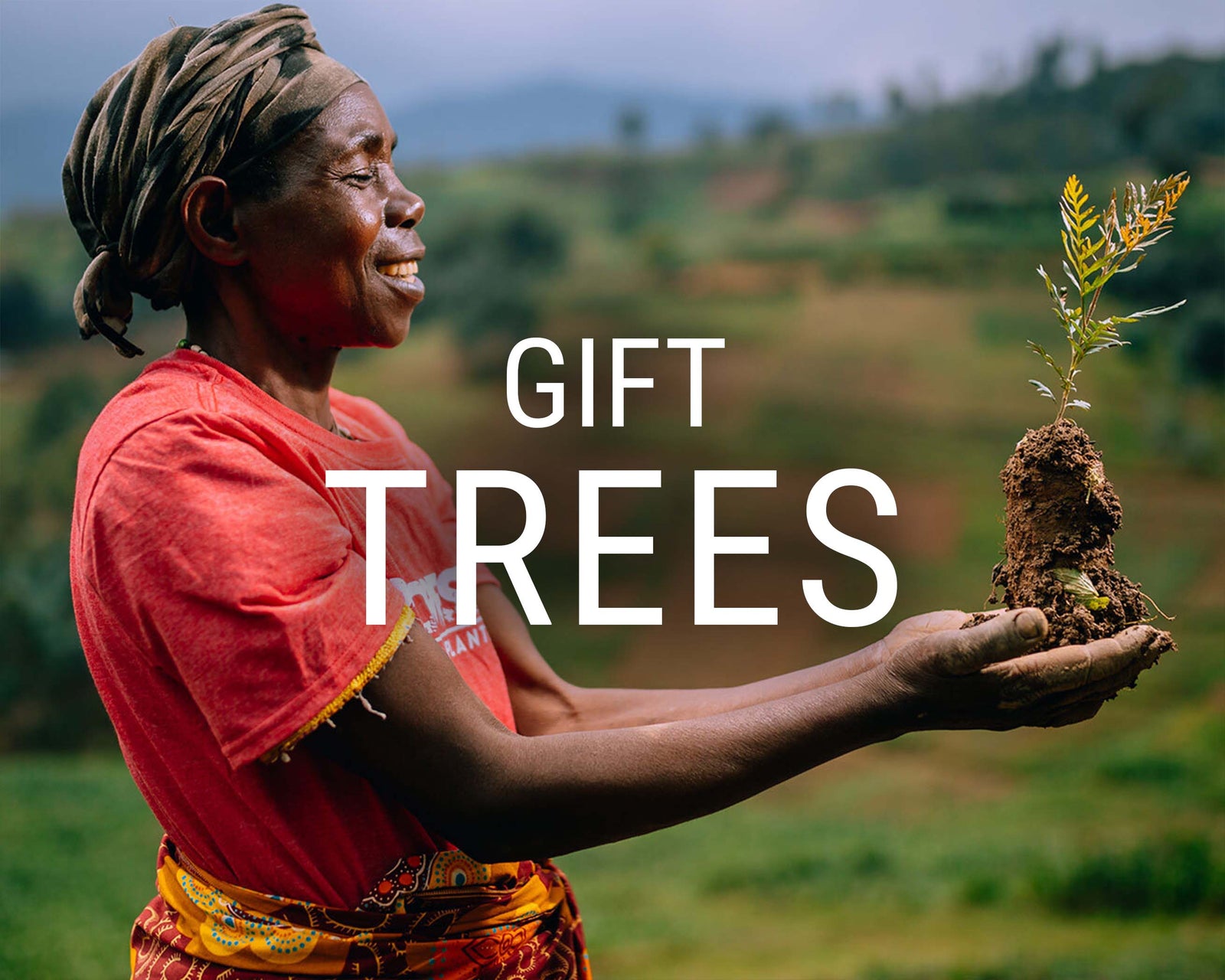
Give the gift that lasts a lifetime! Choose an image, write your personalized message and select a delivery date to gift a tree. Gift a tree
20K Trees Planted for Agroforestry by Women's Coop in Rwanda
January 21, 2019 3 min read
20K Trees Planted for Agroforestry by Women’s Coop in Rwanda
We’re thrilled to announce the completion of an incredible agroforestry project in Rwanda in which 20,671 trees were planted by a women-led cooperative called Jyambere Munyarwanda.
The goal of this project is to restore agricultural systems to improve productivity, community livelihoods, and environmental sustainability.
The tree planting was carried out in Rutsiro District, Mukura Sector, with participation from 200 volunteers. Most of the trees were Grevillea Robusta (pictured below), a species preferred by farmers in agroforestry, used in planting with food crops because it is relatively fast growing and does not compete too much with other plants for water. The other tree type was tree tomato, which is exactly what it sounds like, an edible fruit tree.
Overall, 380 acres were newly planted with these trees, which will be well cared for over time by the farmers who manage the lands. About 4,000 additional trees will be planted here in the spring as a final part of the project, which will add lemon and avocado trees to the mix.

At least 180 households/families will benefit directly from this project as a result of social and economic impacts, as well as having improved food security and health.









Background on Land Use Challenges in Rwanda
Agriculture employs many people in developing countries. For instance, in Rwanda agriculture employs over 70% of the population. However, land degradation threatens their livelihoods and farmers are struggling to make ends meet as soil erosion and the impacts of climate change jeopardize their crops.
The subsistence nature of agricultural production in Rwanda drives farmers to cultivate continuously, depleting soil nutrients and reducing future harvests. Cultivating steep slopes with inadequate ground cover to prevent erosion exacerbates this problem. According to FAO (2005), as much as 40% of cultivated land in Rwanda is at risk of severe erosion and requires anti-erosion investment before cultivation can begin. Moreover, many tons of soil are lost each year, flowing directly into rivers and streams that are not adequately protected (REMA, 2009). Rural communities also struggle to handle the energy crisis as they greatly depend on tree products.
Smallholder farmers do not have the capacity or capability to grow trees on their own, which makes reforestation difficult as they have to wait for external stakeholders to provide seedlings. The challenge of the latter is that local communities are not consulted or involved in the process and the tree species provided do not necessarily respond to their needs. That's where this project is different.

Farmer-Owned and Managed Tree Nurseries
Empowering communities to produce and plant trees is a sustainable option for achieving increased forest cover, restoration of agricultural lands, and adaptation to climate change while also reducing poverty among Rwandan citizens. This project is uniquely effective in meeting these needs. Cultivating a local tree nursery is a key part of ensuring success and engagement.
When local communities are asked, they say they want Grevillea and fruit trees. That’s exactly what we focused on. Additionally, training, ongoing support, and long-term incentives are all integrated to provide benefits for both the environment and the people who manage the land.
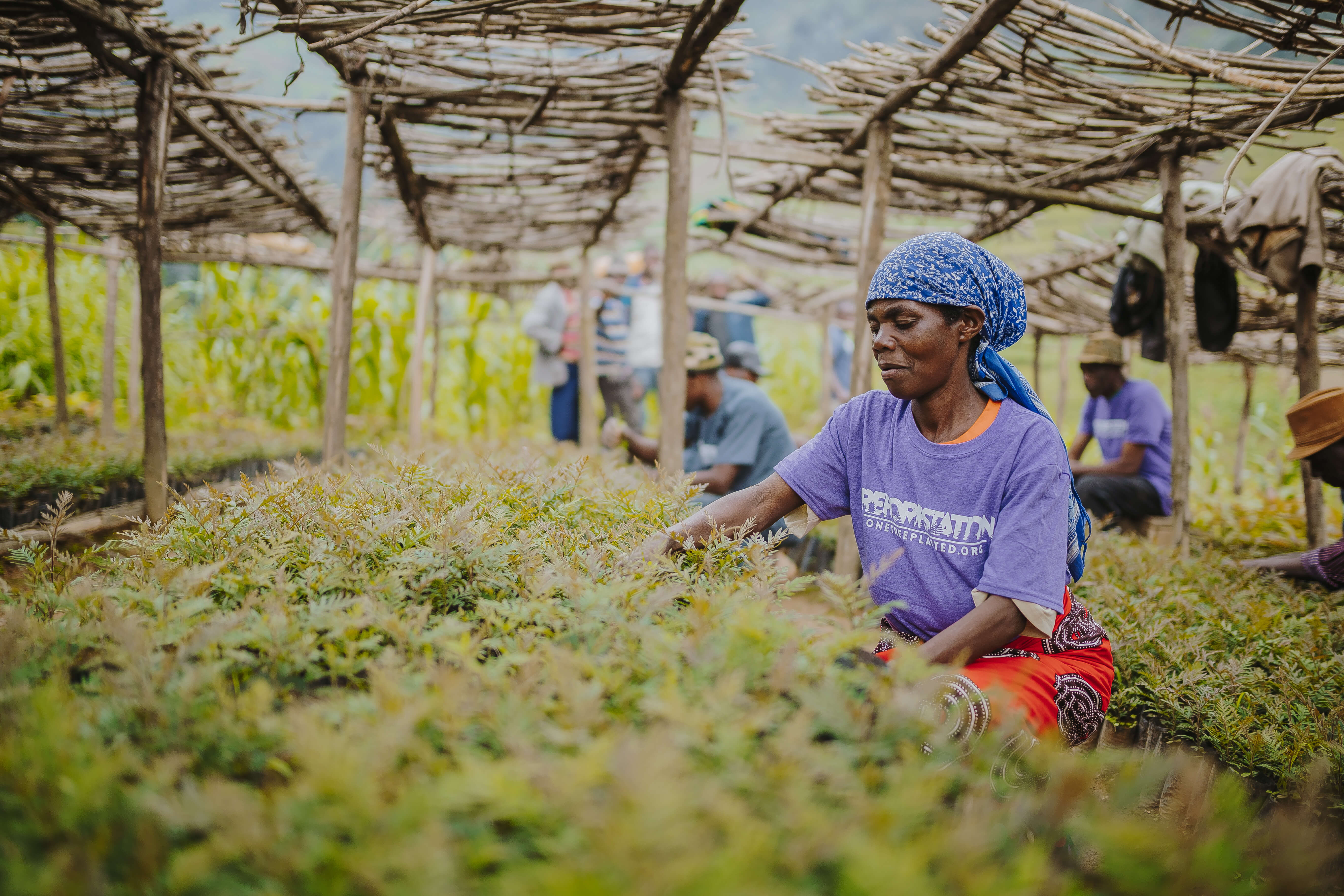





This project is a collaborative effort between World Resources Institute, The Albertine Rift Conservation Society (ARCOS Network), and One Tree Planted, aimed at collaborative conservation actions for nature and people.
The coop at Jyambere Munyarwanda, which is mostly managed by women, strives to improve the livelihoods of vulnerable people, especially women and youth, through sustainable agricultural practices, and promoting cultural values and natural heritage conservation in agricultural areas.
While agroforestry and food security were the primary objectives, these reforestation efforts will also help to reduce soil erosion, landslides and severe floods downstream, benefit environmental restoration, store carbon, and ensure more families thrive. A separate but related project here will also help communities become aware of the importance of biodiversity, so they can work to reduce the threats to Gishwati-Mukura National Park and bring back some indigenous species into their agro-systems.

The local community is eager to participate in activities that help restore their lands. And further promising news is the government of Rwanda has committed to restoring two million hectares by 2020 under the Bonn Challenge, which is a global effort to bring 150 million hectares of the world’s deforested and degraded land into restoration by 2020, and 350 million hectares by 2030. In order to achieve this target, the government is encouraging initiatives such as agroforestry that contribute to the restoration of degraded landscapes in the country, and we are proud to play a role in this national agenda.
by Diana Chaplin
Canopy Director & Eco-Storyteller
Photography by Serrah Galos